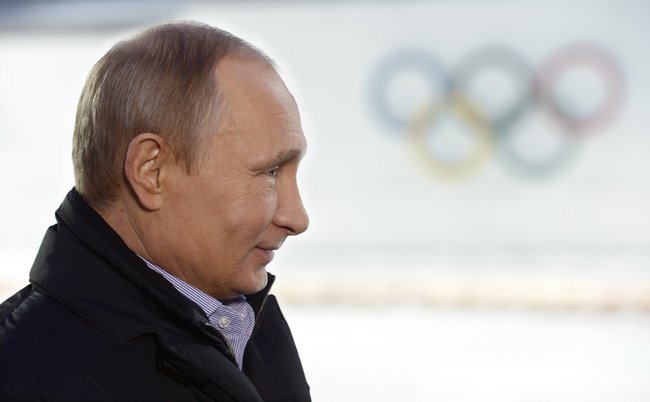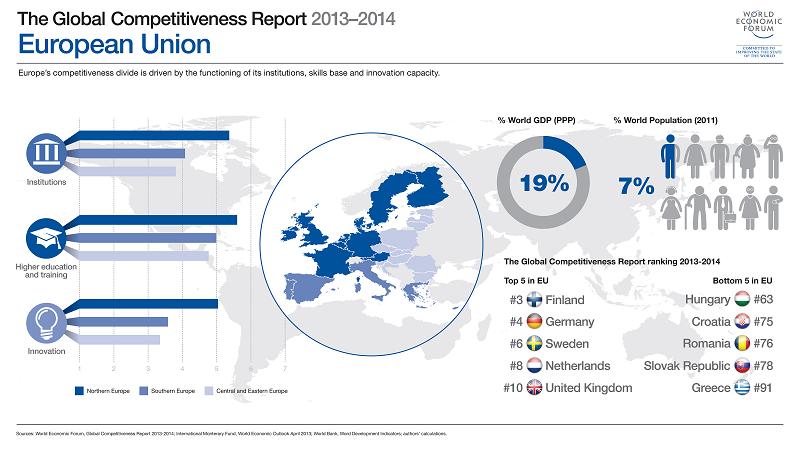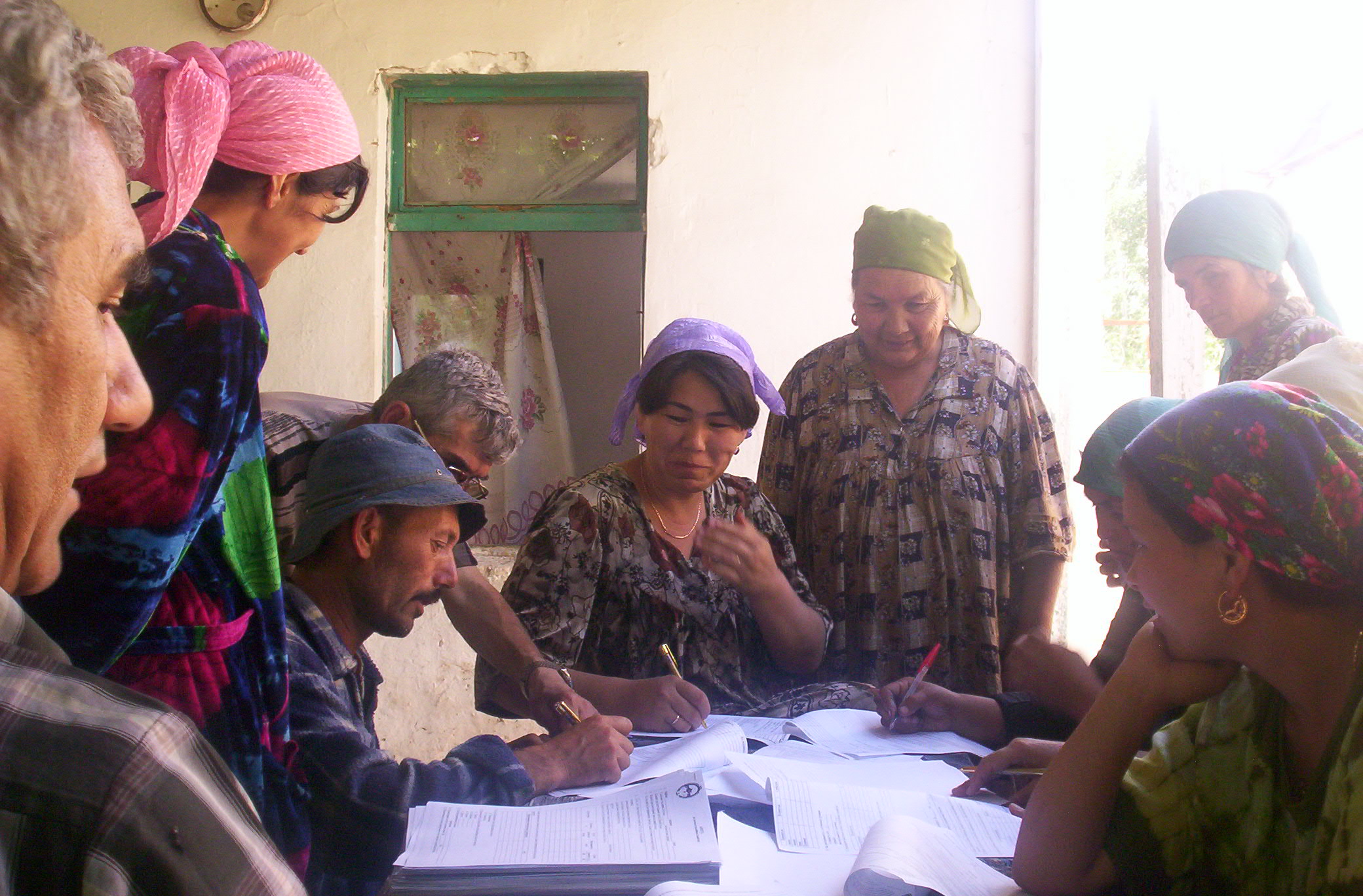After four long years, the image of the mountainous Vancouver landscape slowly faded away as the Olympic spotlight and Sochi geared up for the first Russian Olympic event since the breakup of the USSR. For more than a century, the Olympics have treated spectators around the world to a show that only the world’s foremost sporting event can conceive. As evidenced by the remarkable opening ceremonies in past Olympic Games, notably the Beijing Olympics and its fanfare, host countries are upping the ante every year in order to offer the best spectacle. Keeping this information in mind, Russia went above and beyond the normal preparations associated with Olympic planning. As the 2014 Games unfolded, drastic measures by the Russian government and Sochi Organizing Committee were implemented to fully prepare the sporting event’s infrastructure. Due to stressful last-minute construction and unprecedented funding of the Olympic project, which has been estimated at roughly $50 billion, Russia’s Olympic reputation had already begun to raise questions long before any competition started. According to Der Spiegel, a German weekly news magazine, the corruption worsened as the Russian government exploited the property rights of thousands of civilians in order to accommodate infrastructural developments. [1] Even more troubling was the fact that a number of security breaches and potential threats were detected in the greater Sochi area, including alleged bomb threats, plane hijackings, and homegrown terrorism. Accordingly, US officials closely monitored the sporting event to prevent these possibilities from becoming a terrifying reality. What really lies at the center of this debate, however, is whether or not these rumored terrorist plots were valid and worthy of the Olympic mediascape.
The decision to host the 2014 Winter Olympics in Sochi was a result of the International Olympic Committee’s (IOC) longstanding bidding process and the organization’s 119th session held in Guatemala City. Historically speaking, the 2014 Games were the second Olympic event to hail from Russia, with the 1980 Summer Olympics held in Moscow. Though the news initially presented a tremendous growth opportunity for Russia’s struggling tourism industry and economy, many critics and government officials warned the Olympic community of looming security threats and widespread corruption. While political corruption in Russia is not a new phenomenon, the IOC strives to maintain international peace and provide a safe environment for fans and professional athletes. The US State Department advised Americans to “remain alert regarding their personal security at all times” as they packed their bags for Sochi. [2] More pressing reports indicated that the Caucasus Emirate, a Sufi nationalist terrorism organization, planned to target the Olympics as part of an elaborate terrorist plan. Even though the Federal Security Service of the Russian Federation denied these allegations and promised to provide a safe harbor for the sporting event, fear and hostility still remained on the horizon.
At first glance, it may seem like Sochi was a breeding ground for corruption and, as such, was an unfavorable location to host an event as monumental as the Olympic Games. Although no one can deny the extremism and corruption the Russian government provokes, it is rather irrational to assume that Sochi was inevitably doomed. For one thing, the world needs to be aware of the following: the threats made by the Caucasus Emirate never came to fruition, and Russian government officials committed themselves to rigid security measures. Russian Deputy Prime Minister Dmitry Kozak described the Russian government’s take on security perfectly: “As I said before, security threats today are of a global nature. Our law enforcement agencies and special services, in cooperation with all the countries in the world, we fulfilled this task brilliantly.” [3] Based on how infrastructure and planning measures panned out in the city, Sochi, at least according to law enforcement agencies and the Russian government, established a satisfactory environment for the games. In an effort to calm the nerves of the Olympic crowd, IOC President Thomas Bach asserted the following: “Everything is going pretty smoothly. As always in the first days of the games, there is a small hiccup here or there, but nothing really substantial so far.” To piggyback this statement, Kozak told media sources like FOX News that “there is no reason to believe that the level of danger in Sochi is greater than at any other point on the planet, be it Boston, London, New York or Washington.” [3] Notwithstanding the fact that the Russian government provided reassurance, the reality of the situation is that Sochi’s security network was completely in the balance.
Yet another issue that stemmed from the outpour of safety concerns in Sochi was that a majority of news sources were drifting away from the real focus of the Winter Olympics: the athletes and their performances. After all, the Olympics showcase some of the world’s best athletic talents, and the IOC claimed that continuous wishy-washy news reports overlooked athletic achievements. As stated by Liz Clarke of the Washington Post, the Olympic stage was “rife with tension that threatened to overshadow the achievements on the ice and snow.” [4] Government officials and the Department of Homeland Security (DHS) additionally took a stance on this developing issue. Janet Napolitano, the leader of the US delegation at the Sochi Winter Olympics and former US Secretary of Homeland Security, was one of several government officials trying to downplay the over-emphasized security threats. On CNN’s State of the Union with Candy Crowley, Napolitano said, “The level of security is quite appropriate, and it’s very good, and I hope the attention of the media and the world turns now more to what the athletes are going to do instead of the threats that are being made.” If anything, the DHS believed that the attack would have occurred anywhere but inside the “ring of steel” and Olympic Village. In fact, in the eyes of Russian rights activists like Alexander Popkov, the real security concern, if there were one at all, would come after the Olympics had ended. [5] At this point in the Olympic timeline, open investigations by human rights activists and lawyers will most likely target President Putin’s wrongful and corrupt practices, such as the following: exploiting and dislocating migrant workers and stirring up widespread environmental damage from Olympic construction. [5] From a domestic security standpoint, not only will these factors not plague the US, but they will additionally heed to the fact that the security threats at Sochi were misguided and inordinate.
The Olympic Games have been glorified as being the world’s top sporting event that brings hundreds of countries and their respective cultures together in one place. Ever since the Olympics started in Ancient Greek times, the events have marked a spectacular demonstration that tests the physical and mental limits of the human body. Now, over a thousand years later, the “wow” factor of the Olympics is still dazzling the international crowd as host cities like Beijing and Sochi continue to raise the bar. However, Sochi’s Olympic fame was significantly hampered by security threats and foreboding terrorist attacks before the games officially began. The DHS issued statements that warned Americans of impending danger, and the dicey Olympic landscape quickly put the Russian government in the limelight. The security threats at Sochi primarily stemmed from the Caucasus Emirate, corrupt governmental practices, and homegrown terrorism. Judging by how the Olympics transpired, as well as press releases from Russian government officials, the pre-Olympic security concerns were overhyped. As it turned out, terrorist attacks never occurred and the integrity of the Olympic Games was maintained. On that account, media coverage of Sochi is beginning to whittle away and the Olympic event is gradually becoming recent history. In the grand scheme of things, the following remains true: the security endangerments at Sochi were considerably overemphasized and the Olympic flame continued to shine bright in the face of peril.
Scott Oldano
International Business ‘17
References:
[1] Bidder, Benjamin. “Environmental Damage and Botched Construction Mar Sochi.”SPIEGEL ONLINE. N.p., 10 Jan. 2014. Web. 13 Mar. 2014.
[2] “Sochi 2014 – Visitor Information For Olympic and Paralympic Games.” Sochi 2014. Bureau of Consular Affairs – U.S. Department of State, 25 Sept. 2013. Web. 13 Mar. 2014.
[3] “Officials Downplay Sochi Olympics Security Worries Ahead of Opening Ceremony.” Fox News. FOX News Network, 07 Feb. 2014. Web. 05 Mar. 2014.
[4] Clarke, Liz. “Sochi 2014: IOC President Thomas Bach Declares, ‘Olympic Stage Is Ready’ despite Concerns, Costs.” Washingtonpost.com. The Washington Post, 3 Feb. 2014. Web. 13 Mar. 2014.
[5] Filipov, David. “Olympic Security in Sochi Keeps It Low-key.” BostonGlobe.com. Boston.com, 4 Feb. 2014. Web. 18 Mar. 2014.



